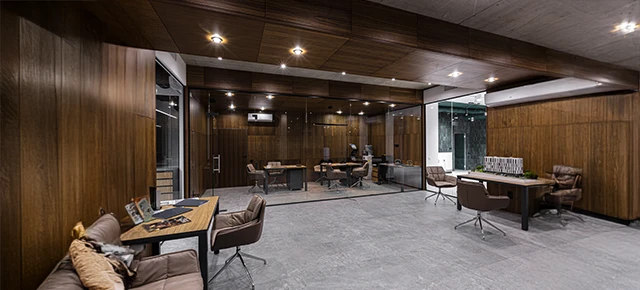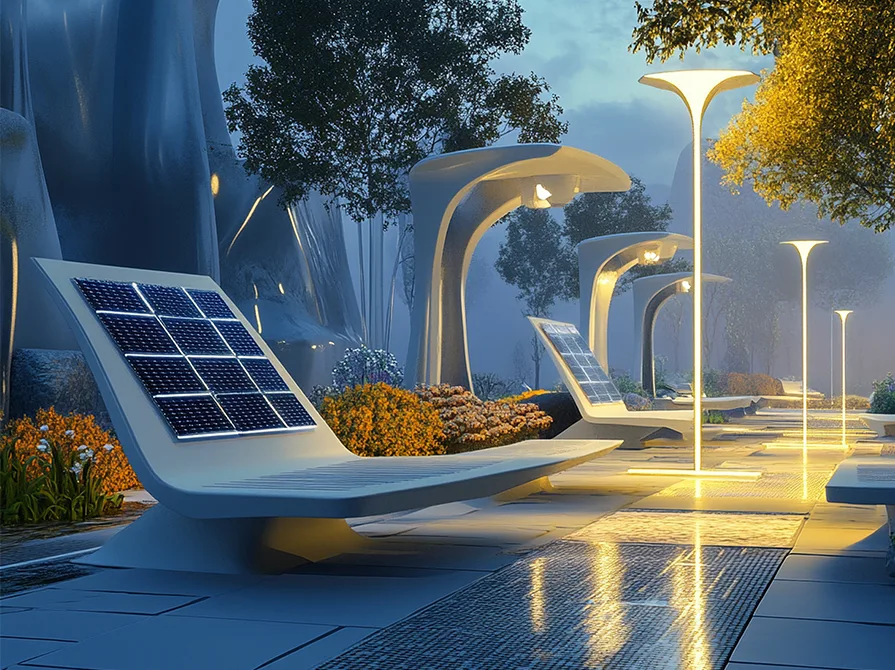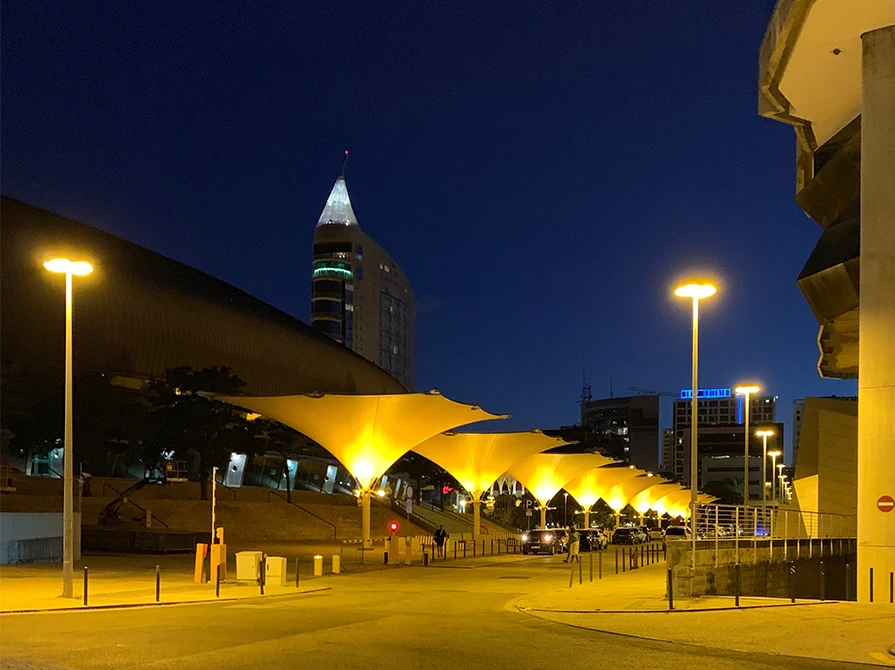


There is no doubt that India is developing in many ways and at an extraordinary pace. From infrastructure to technology, many key industries are witnessing massive growth. Even though the growth is necessary, but it is continuously raising concerns about the impact on the environment. There are challenges that the country is facing across all walks of life – one of the most important is pollution.
India’s poor air quality is not a hidden fact. The quality of air in the country has been deteriorating for a long time and has reached unacceptable levels. The extent is that some cities in India have four times more pollutants than the permissible limit by the World Health Organization. Not only this, 13 out of the 20 most polluted cities in the world are in India. Leaving aside air; the quality of water, the sound levels, and general well-being have alarming numbers to show.
Such a grave situation does call for mass amendments in policies and practices. However, this article will only talk about the practices that can be adapted to minimise pollution for a more sustainable environment.
Using renewable sources of energy has been long stressed as a measure to save the environment. It is one of the most critical steps that we need to take collectively. Green energy, especially solar energy, geothermal and wind energy needs to be adopted in full-swing.
Green infrastructure is the most crucial aspect that needs to be implemented across the country as a measure to control pollution. Typically, green infrastructure will help in controlling various forms of pollution across manufacturing and construction industries. Green buildings will also help in lowering the carbon footprint of offices.
Wipro Lighting has been long associated with eco-friendly lighting solutions. However, we have taken sustainable development to the next level with our Force Green Concept. We are responsible for illuminating more than 55% of the green buildings in the country, and we are gradually rising. We believe that green buildings are the ideal solution to solve the issues related to pollution, especially in the construction and manufacturing industry.
With green buildings, we will execute various essential things such as energy conservation while promoting optimum utilisation of natural resources. By implementing these practices, it is possible to reduce pollution.
One of the main components of Green Buildings are LED lights – the revolution in the lighting industry. Conventional lighting solutions consume more electricity than LED lights. The higher consumption of power directly affects the state of the environment, unless renewable sources generate this electricity. Even then, the amount of electricity that is wasted by using conventional lighting solutions can be better utilised elsewhere.
Using LED lights is also a proven way to reduce greenhouse gas emissions. To improve air quality and combat pollution, India has already taken significant steps to refurbish to LED streets lights. In a one of a kind feat, India has refurbished a massive number of 15.59 lakh street lights with LED lights. It has resulted in reducing 1.71 lakh tons of greenhouse gas emissions while saving 20.66 kWh of energy.
A Word For Commercial Spaces – Offices and industries must consider implementing LED lighting solutions as a measure to decrease their carbon footprint and also save electricity costs. LED lights have many benefits, including improving employees’ productivity. We at Wipro Lighting, offer eco-friendly lighting solutions including fixtures such as downlights, pendant lights, high-bay luminaries and a lot more. We also offer smart lighting solutions like microwave sensors, occupancy sensors, scene select system and Internet of Lighting (IoL)TM. These smart solutions are designed to automate processes and monitor entire facilities from a centralised dashboard.
Refurbishing to LED luminaires will help protect the environment as they do not contain mercury, lead, and glass.
Going paperless is not entirely possible as of today; however, we can all cut down on the use of paper and go digital. It reduces carbon footprint, saves trees and is healthy for the environment. Using post-consumer waste uses up to 45% less energy which leads to reducing the waste by half during the conventional papermaking process.
Water pollution is another problem that must be tackled effectively and as soon as possible. India is facing a water crisis in many parts and conserving water is the need of the hour. Controlling waste seepage in water is necessary to combat the water crisis. Offices should move to waterless urinals, use rainwater harvesting and employ cooling water conductivity controllers as a step towards sustainability.
Active enforcement of green practices will address the current environmental woes to a more significant extent. It is achievable if people on an individual level are aware of the consequences. Moreover, it is about time corporations and manufacturing facilities come together to adopt sustainable business practices.







